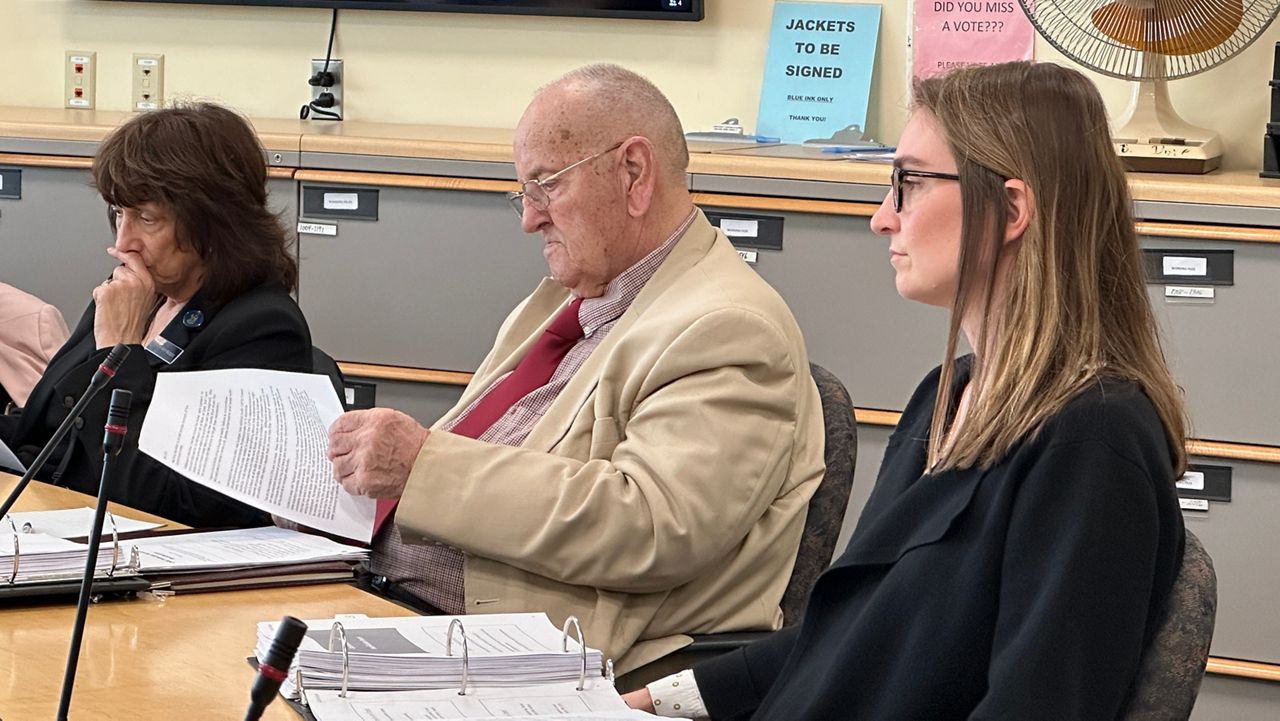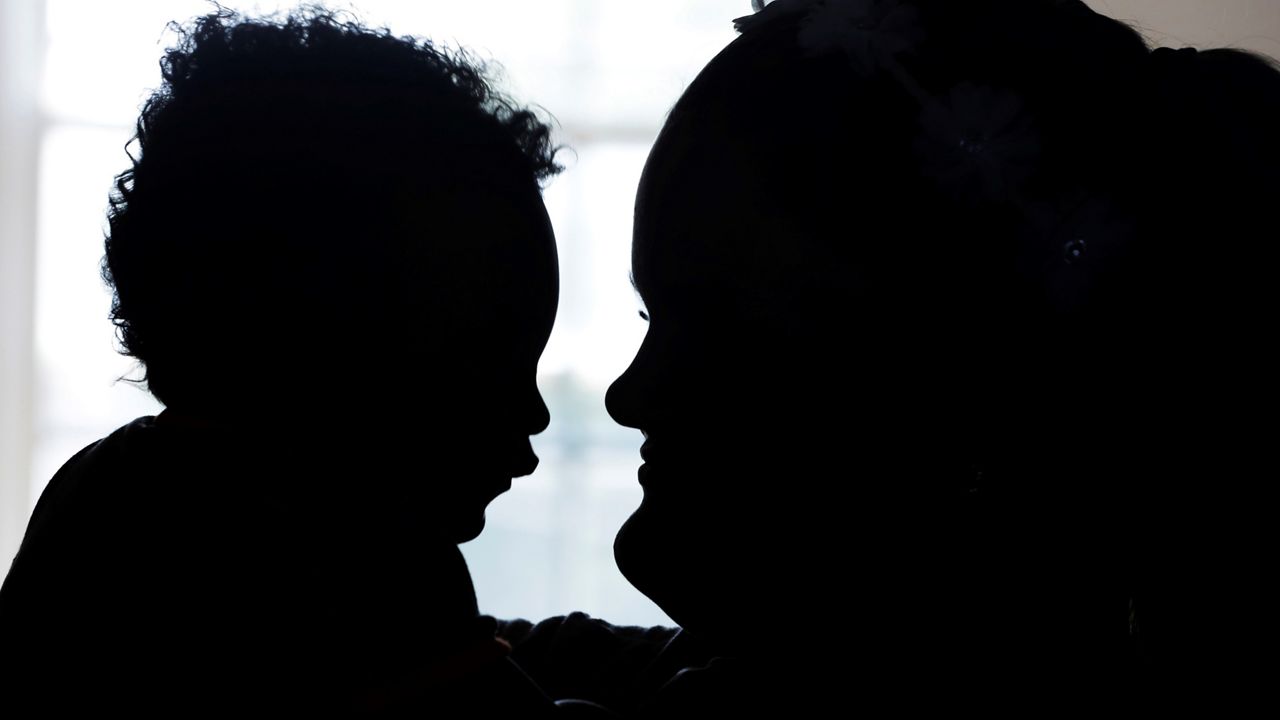Foster parents and family members of children who have been in the state’s child protective system called on lawmakers Friday to reexamine state policy that governs when a child is returned to biological parents.
The testimony before the Legislature’s Government Oversight Committee came in response to a February report that concluded that inexperienced caseworkers and their inability to judge parental substance abuse, in addition to high caseloads, combined to make for challenges in the system.
The report prepared by the Office of Program Evaluation and Government Accountability, noted that “high workloads driven by caseworker vacancies, a lack of support staff, and a lack of visitation supervisors and transportation for families all placed additional burdens on caseworkers.”
Victoria Vose of Warren, the paternal grandmother of Maddox Williams, 3, who was killed by his mother in 2021, shared her story with legislators on Friday.
She referred to Jessica Trefethen, Maddox’s mother, as a “monster” repeatedly throughout her testimony.
“He should never have been allowed to be in the monster’s care,” she said.
In December 2022, Trefethen was sentenced to 55 years in prison after being convicted of depraved indifference murder.
Vose, who cared for Maddox for much of his life, said the department’s focus on reunification cost him his life.
“The department has insisted on reunification even when it puts children in terrible danger,” she said.
The emphasis on reunification of a child with biological parents is partly due to the U.S. Constitution, federal law and state law, according to the OPEGA report.
The Constitution “grants parents the fundamental rights of care, custody, and control of their children,” according to the report.
And most child welfare policy is based on the belief that the best outcome is for children to be returned to their parents if they have resolved the issues that prompted the child to be removed from the home.

Bobbi Johnson, the director of the Office of Child and Family Services, said many of the issues identified in the OPEGA report come down to a lack of available workers. She said there are funds in the governor’s proposed budget to hire more staff and pay existing workers more to help alleviate the problem.
Statistics from Jan. 31 showed wide variation in vacancy rates for permanency caseworkers across the state, with Ellsworth and Machias at 42% vacancy, Lewiston at 39% and Rockland at 19%, according to the OPEGA report.
By contrast, the Portland office reported no vacancies as did the one that serves Caribou and Houlton.
Rep. Sawin Millett (R-Waterford) asked Johnson, who took over the top job in January, whether she’s ready to take action to fix problems in her department.
“Something has to happen,” he said. “Something has to be done that’s really proactive. Are you committed in your leadership role to taking bold action?”
Johnson said her office is already working to tackle problems with transportation and that a management audit of the operation is nearly complete.
“I am working in collaboration with the commissioners’ office, the governor’s office and others to take bold action and to continue on with the strategies we have already been implementing,” she said.
The Government Oversight Committee’s review of the Office of Child and Family Services began in August 2021, when lawmakers asked OPEGA to review oversight of the child protective services, its investigations and the policy of reunification.
Some of that work was put on hold in September 2022 when lawmakers asked for case file reviews following four high-profile child deaths that summer.
Since then, lawmakers have considered legislation to separate the office from the larger Department of Health and Human Services and bills to further increase oversight by creating an inspector general position.
Melissa Hackett of the Maine Child Welfare Action Network urged lawmakers to make sure the revised state budget includes funding for caseworker support staff, money for substance use, mental health and domestic violence services, and better legal help for parents navigating the system.
Foster parent Debbie De Julio of Ellsworth said she understands the importance of reunifying families when it’s safe to do so. She said she’s worked with child services many times to support sending children back to their parents.
But other times, she’s been involved in instances where the parents are not interested in raising their own children.
“Sometimes it’s not safe to put kids back with their biological families,” she said. “Foster parents should be listened to. I hope this does not come off as not supporting reunification. But the fact of the matter is there are cases where reunification should not happen. Innocent children are being hurt and killed unnecessarily.”



